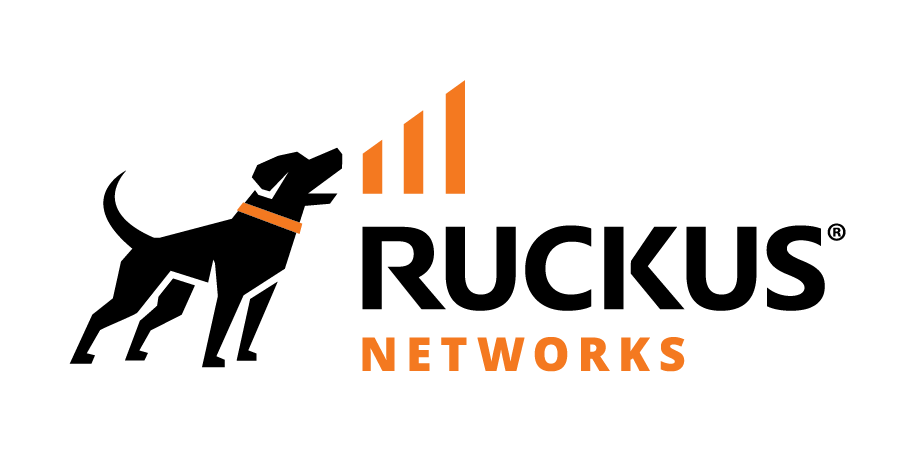This website uses cookies. By clicking Accept, you consent to the use of cookies. Click Here to learn more about how we use cookies.
- Community
- RUCKUS Technologies
- RUCKUS Lennar Support
- Community Services
- RTF
- RTF Community
- Australia and New Zealand – English
- Brazil – Português
- China – 简体中文
- France – Français
- Germany – Deutsch
- Hong Kong – 繁體中文
- India – English
- Indonesia – bahasa Indonesia
- Italy – Italiano
- Japan – 日本語
- Korea – 한국어
- Latin America – Español (Latinoamérica)
- Middle East & Africa – English
- Netherlands – Nederlands
- Nordics – English
- North America – English
- Poland – polski
- Russia – Русский
- Singapore, Malaysia, and Philippines – English
- Spain – Español
- Taiwan – 繁體中文
- Thailand – ไทย
- Turkey – Türkçe
- United Kingdom – English
- Vietnam – Tiếng Việt
- EOL Products
Turn on suggestions
Auto-suggest helps you quickly narrow down your search results by suggesting possible matches as you type.
Showing results for
- RUCKUS Forums
- Community Services
- To Be Moved
- Wifi security
Options
- Subscribe to RSS Feed
- Mark Topic as New
- Mark Topic as Read
- Float this Topic for Current User
- Bookmark
- Subscribe
- Mute
- Printer Friendly Page
Wifi security
Options
- Mark as New
- Bookmark
- Subscribe
- Mute
- Subscribe to RSS Feed
- Permalink
- Report Inappropriate Content
01-16-2016 02:32 AM
If our wifi has wpa2 encryption and our users are only required to connect to our wifi with a common pass key is each user's data secured from other users on the network if wifi isolation is turned on? I was told recently that by having just one common pass key for all our users then each user's data transaction can be seen by other users since the encryption uses the same pass key (wifi is wpa2 with open authentication)
2 REPLIES 2
Options
- Mark as New
- Bookmark
- Subscribe
- Mute
- Subscribe to RSS Feed
- Permalink
- Report Inappropriate Content
01-16-2016 09:48 AM
The person who told you that is 95% correct. WPA2-PSK (e.g. if you just use a passphrase that you hand out to everyone) is not intended to offer security between users, client isolation or not. Every client has a different "pairwise" key in WPA2, but it is derived from the PSK during the 4-way handshaking process. If you witness the handshake, you know the other guy's key. So technically if the attacker just walks into a room, he can only get the keys of new associations (except that's not entirely true either -- if an existing client hops off and back on the network for whatever reason, they'll probably re-handshake).
Client isolation is mostly to prevent the annoying chatter from peer-to-peer discovery traffic between users, and to give them the illusion of being alone on the network. An attacker can still use MAC spoofing and other techniques to impersonate another client or attempt to talk to another client on the network. I would not rely on that for security.
The takeaway points I think are,
(1) Use another authentication technique (DPSK, RADIUS, etc) if it is truly important that users cannot sniff each others' traffic.
(2) Don't expect privacy for cleartext communication. Your clients' devices, if they are mobile, are probably constantly going to places with completely open networks where their data is even more easily seen by onlookers. Clients should be using a secure protocol wherever possible, and maybe even mobile VPN on demand if there's services that cannot be secured the standard way (yuck!)
Client isolation is mostly to prevent the annoying chatter from peer-to-peer discovery traffic between users, and to give them the illusion of being alone on the network. An attacker can still use MAC spoofing and other techniques to impersonate another client or attempt to talk to another client on the network. I would not rely on that for security.
The takeaway points I think are,
(1) Use another authentication technique (DPSK, RADIUS, etc) if it is truly important that users cannot sniff each others' traffic.
(2) Don't expect privacy for cleartext communication. Your clients' devices, if they are mobile, are probably constantly going to places with completely open networks where their data is even more easily seen by onlookers. Clients should be using a secure protocol wherever possible, and maybe even mobile VPN on demand if there's services that cannot be secured the standard way (yuck!)
Options
- Mark as New
- Bookmark
- Subscribe
- Mute
- Subscribe to RSS Feed
- Permalink
- Report Inappropriate Content
01-20-2016 04:00 PM
Just to highlight how easy it is to hack WPA2 traffic. Once you have the key and captured the client association process, all you need to do is follow the below guide:
https://wiki.wireshark.org/HowToDecrypt802.11
Note: I do not in any way condone the hacking of a secured network 🙂
https://wiki.wireshark.org/HowToDecrypt802.11
Note: I do not in any way condone the hacking of a secured network 🙂

